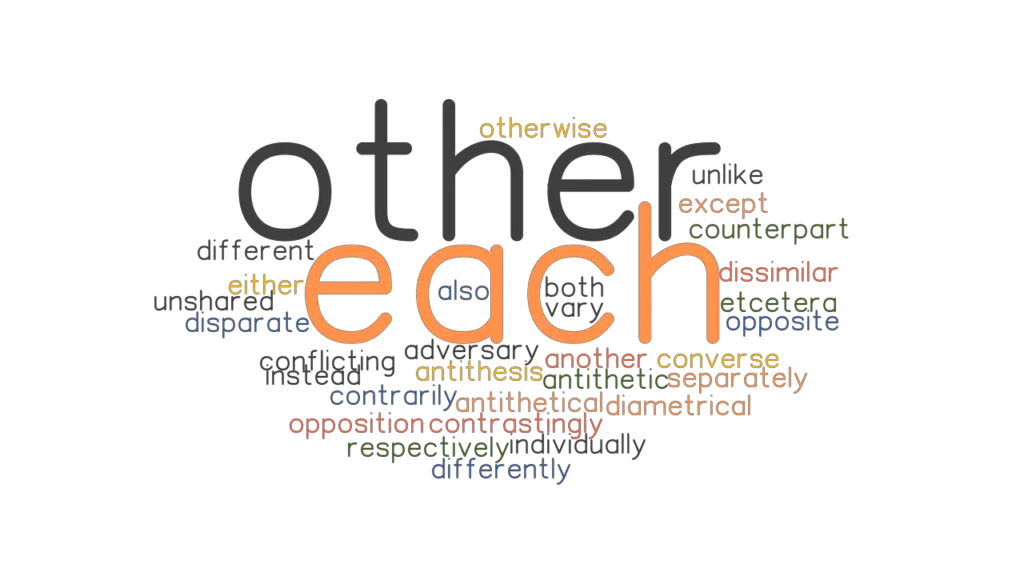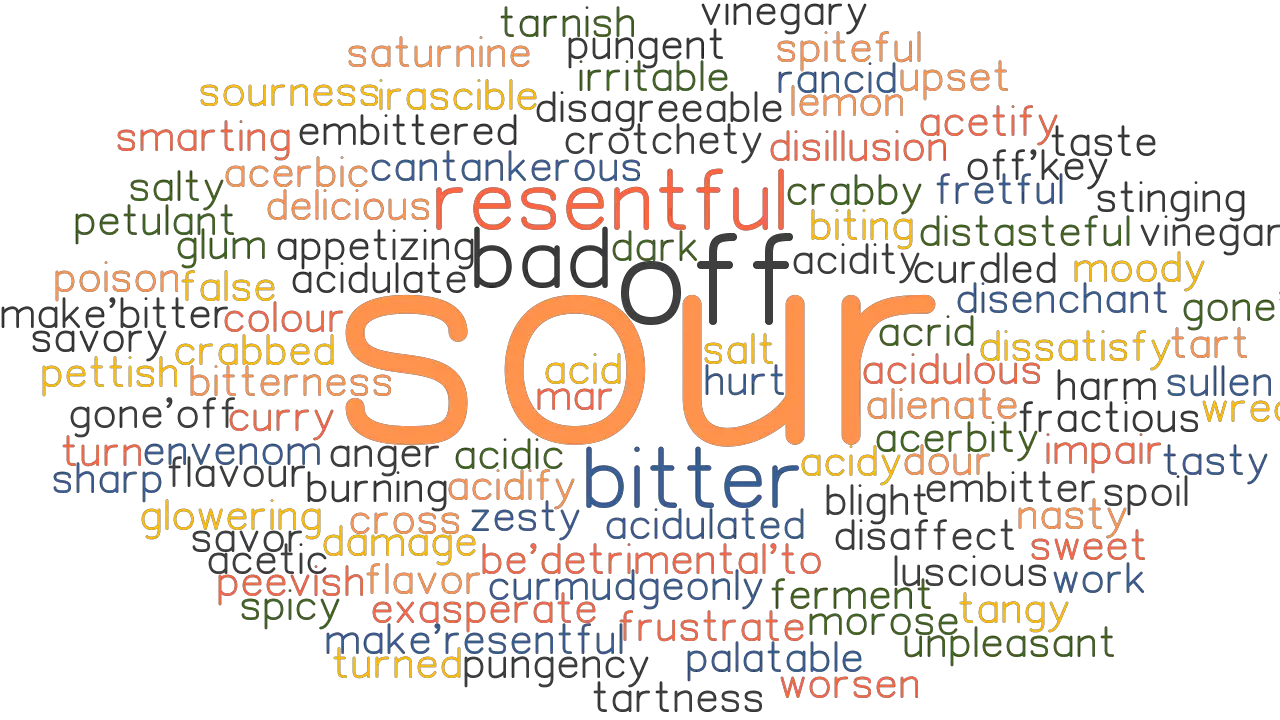

And that’s really hard for people to do.” You need to pause for probably three seconds.

Like after giving a startling fact, you just want to let that sink in. “Pauses are an incredibly important part of speech-giving. Muskie is allowing his words to sink in with his audience. (Muskie Archives and Special Collections Library)Ī listener will also hear many pauses in Muskie’s speeches. So Muskie probably heard Quimby say to him and his classmates, as the professor wrote in his book, So You Want to Debate, “Don’t mumble, be careful to pronounce every syllable.” He probably heard Quimby’s advice to “listen to Lowell Thomas on the radio” and to “watch for poor diction, ‘git’ for ‘get.’” “Eddie” Muskie ’36 (left) studies in his Parker Hall room with his roommate, unknown. He blossomed through public speaking and debate, taking four semesters of public speaking, all taught by Brooks Quimby, Class of 1918, a professor of argumentation and speech from 1927 to 1967, and namesake of the Quimby Debate Council at Bates, which Hovden coaches. Muskie was a shy kid who came to Bates from Rumford, Maine. Muskie Archives and Special Collections Library) “Muskie is appealing to the values of the common people and making sure that they are at the forefront of the arguments that he’s making.” This 1960s-era photo shows Muskie with Secretary of the Interior Stewart Udall and an unidentified park ranger at Maine’s Cadillac Mountain. “The technical term is argumentum ad populum,” says Jan Hovden, lecturer in rhetoric, film, and screen studies and director of debate at Bates. In speaking to audiences around the country - audio clips are below, from the Muskie Archives and Special Collections Library - Muskie followed an important principle of argumentation and debate learned at Bates: Understand, respect, and speak to your audience. 18, 1972, the Clean Water Act became law, all because of Muskie, who understood to his Maine-born core that protecting the natural environment was inseparable from protecting what he called “our total human environment,” incorporating economic and other realms. The Maine Sunday Telegram ran this political cartoon in February 1968 showing Edmund Muskie as David taking on the Goliath of air and water pollution.

From Sacramento to Millinocket to Pensacola, he explained in lucid and compelling and logical terms why a new law to protect water from pollutants was not just good for Americans and America, but absolutely necessary for our survival. senator from Maine, Muskie’s Bates-trained voice sounded across the country. In many ways, he quite literally was the voice.įifty years ago, as a U.S. Share on Email Share on Facebook Share on Twitter Share on LinkedInĮdmund Muskie ’36 is considered a prime mover and leading voice of modern American environmentalism.


 0 kommentar(er)
0 kommentar(er)
